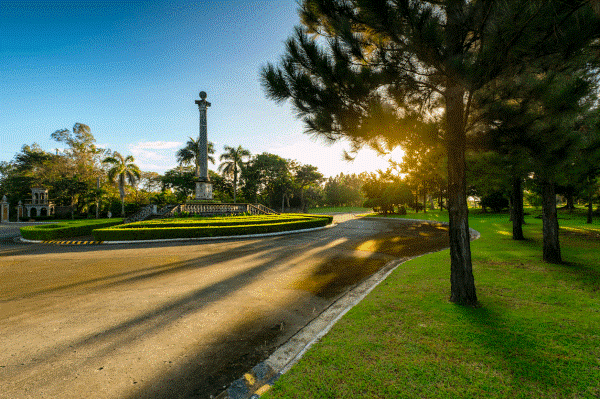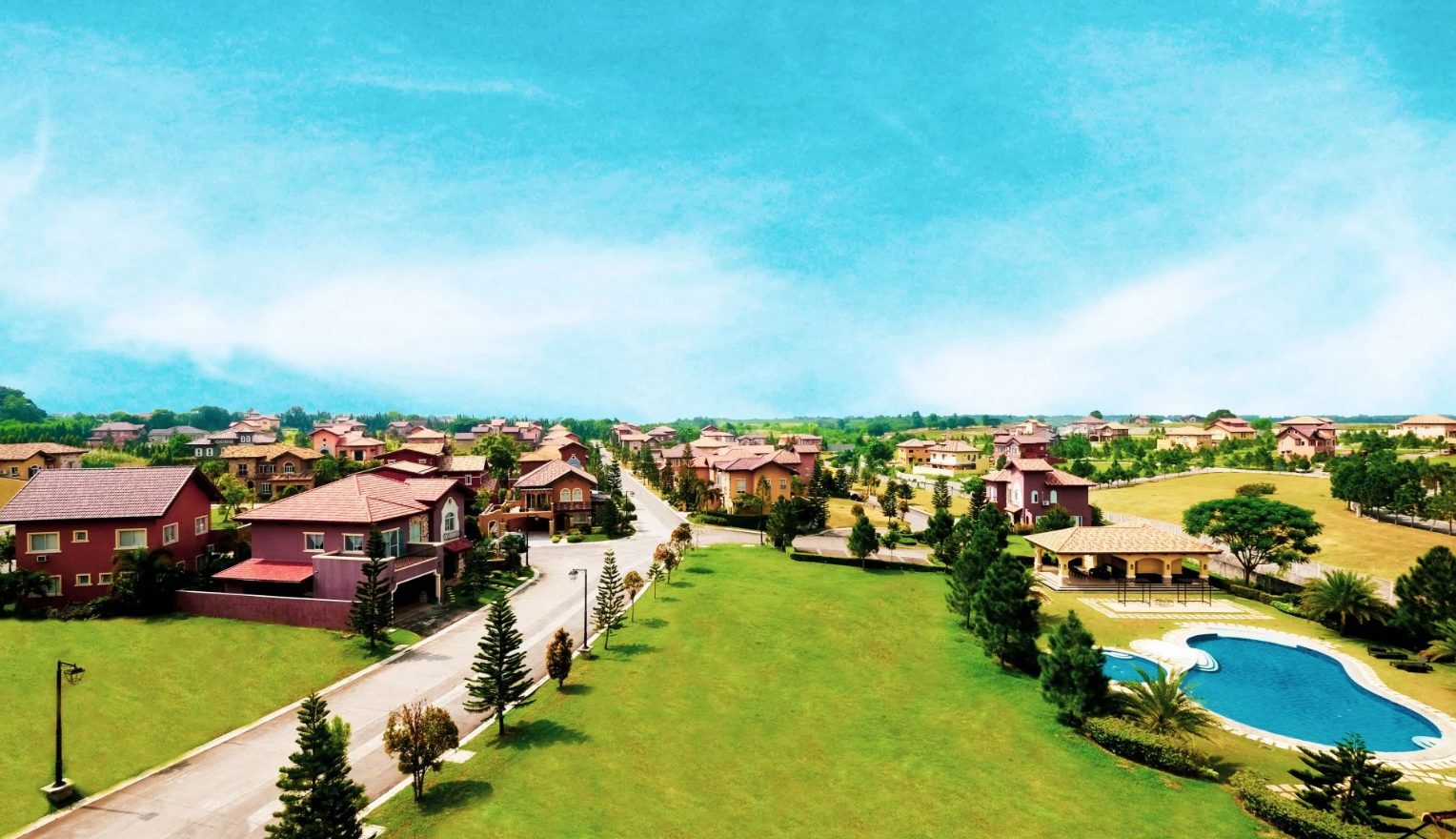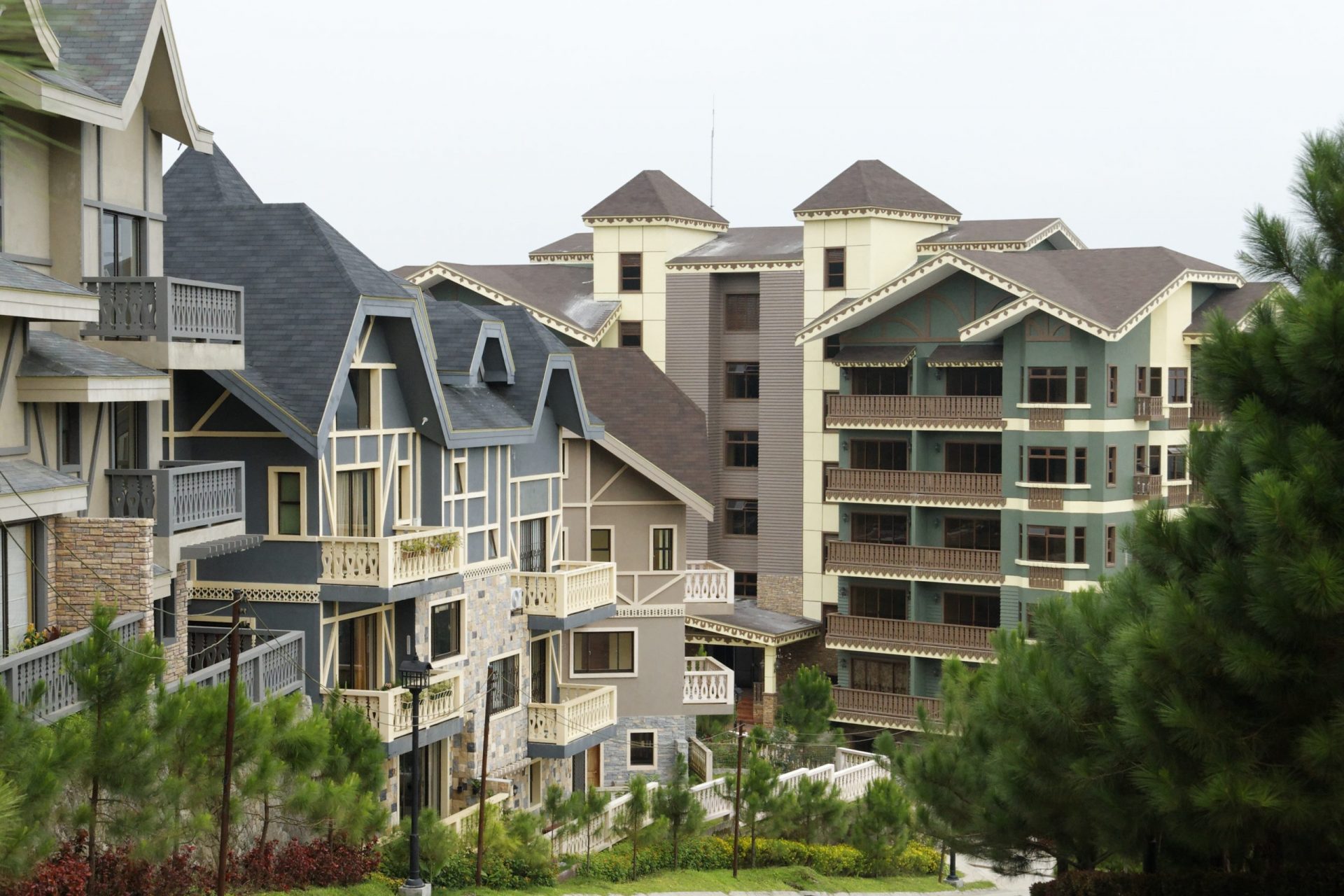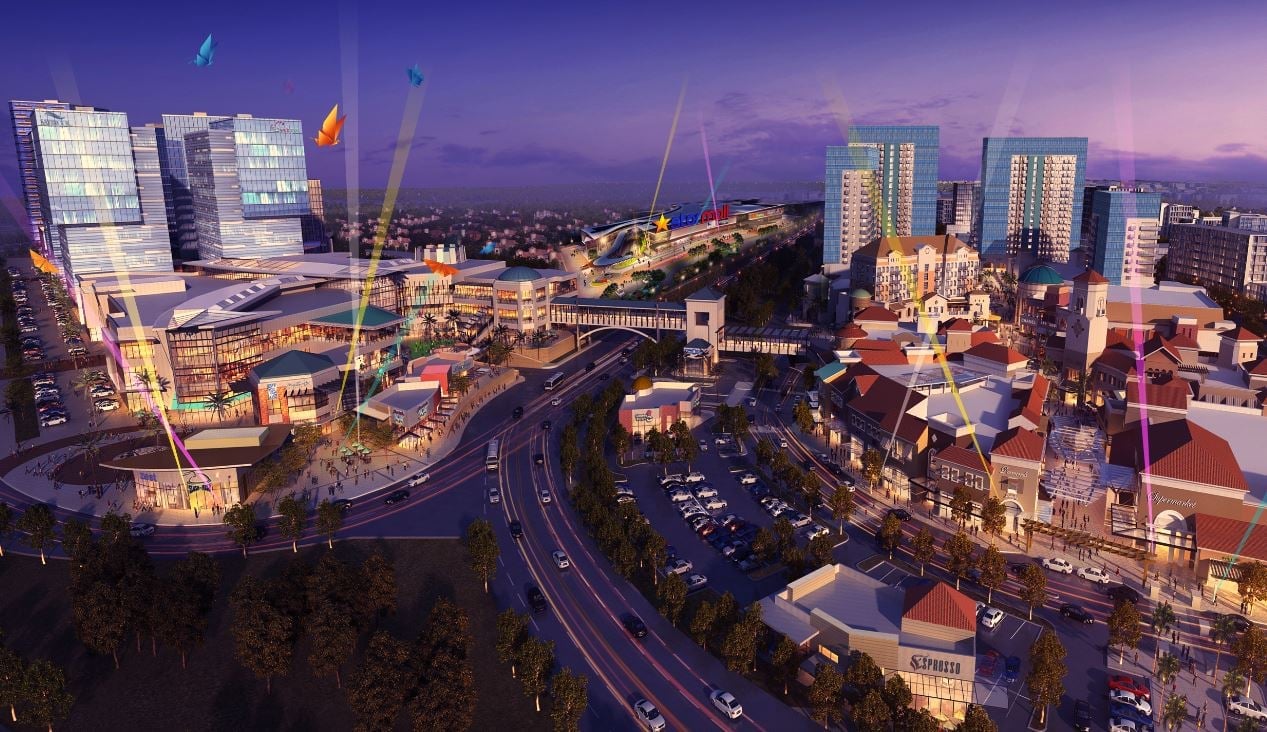BLOGS
Real Estate Industry Philippines: Opportunities Post-COVID 19 Lockdown
The Philippine real estate market, like in many other parts of the world, has faced challenges during the COVID-19 pandemic. However, as the country gradually recovers from lockdowns and restrictions, there are several opportunities for the real estate sector.
Residential Real Estate:
Housing
There is a continuous demand for housing in the Philippines. Developers who focus on providing cost-effective and well-designed housing options are likely to see opportunities in this market segment. Buyers often favor luxury house or huge houses in the Philippines.
Suburban and Satellite Cities
Similar to global trends, the pandemic has increased interest in suburban and satellite cities where there is more space, less congestion, and potentially lower prices compared to urban centers.
Digital Real Estate Platforms
The shift towards online property transactions is expected to continue. Real estate agencies and developers can leverage digital platforms to market properties, conduct virtual tours, and facilitate remote transactions. Luxury real estate agents have to be more flexible in conducting business.
Commercial Real Estate:
Flexible Office Spaces
While remote work is likely to remain popular, the demand for flexible office spaces may rise as companies seek to provide their employees with collaborative and professional work environments.
Warehousing and Logistics
With the growth of e-commerce, there’s an increased demand for warehouses and logistics facilities to support online retail operations. This presents opportunities for property developers and investors interested in real estate industry Philippines.
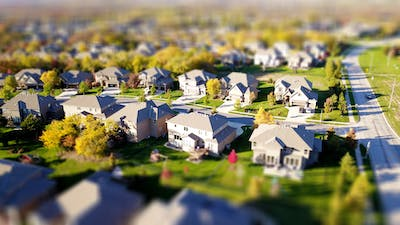
Retail Innovation
Retail spaces may need to evolve to accommodate changing consumer behavior. Mixed-use developments that combine retail with residential or entertainment options can be appealing to buyers looking for houses in the Philippines, condos for sale, and luxury real estate from companies like Brittany Corporation.
Tourism and Hospitality:
Tourism Recovery
As travel restrictions ease and international tourism rebounds, there will be opportunities for investments in hotels, resorts, and vacation properties in popular tourist destinations in the Philippines. The country’s beautiful landscapes and tourist destinations have always been a positive force that affects the Philippine real estate market. A luxury house and condos for sale near a beach, for example, would be a prized investment.
Sustainability and Green Building:
Sustainable Development
There’s growing interest in sustainable and eco-friendly real estate development. Developers incorporating green building practices may attract environmentally conscious buyers. This trend in real estate industry Philippines has a positive impact on the country’s resources. Conscious buyers and investors will prioritize smartly designed houses in the Philippines.
Government Initiatives:
Infrastructure Projects
The Philippine government has been investing in infrastructure projects, such as roads, bridges, and transportation systems, which can boost property values and create opportunities for property development near these projects. The MRT 7 and LRT 7, which are both currently under construction, will be highly beneficial to Filipinos living in the greater Metro Manila area, making it easier for people to get home to their luxury house.
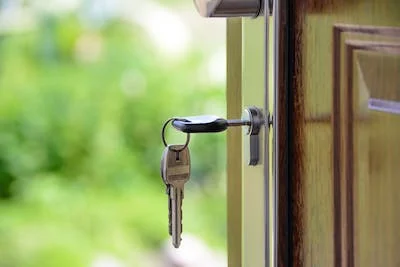
Ease of Doing Business
Continued efforts to improve the ease of doing business in the Philippines may attract more foreign investors to the real estate market.
Overseas Filipino Workers (OFWs):
Remittances
OFWs often invest in real estate in the Philippines. As the global economy recovers, remittances from OFWs could potentially boost real estate investments, especially in residential properties. They have always been an asset when it comes to real estate industry Philippines, because some OFWs choose to later live and retire in the Philippines, because the country feels like home to them.
Co-living and Co-working Spaces:
The concept of co-living and co-working spaces may gain popularity, particularly among young professionals and entrepreneurs. Investors and developers can explore this niche market. Millennials who choose to live with each other like college housemates are game changers in the Philippine real estate market. This is more affordable for them, making luxury real estate available to young urban professionals.
Healthcare Real Estate:
The pandemic highlighted the importance of healthcare infrastructure. Investments in healthcare facilities, clinics, and medical office spaces may see increased demand.
Data Centers:
The demand for data centers and IT infrastructure is expected to grow as digitalization continues. This presents opportunities for investors and developers in the tech and data center real estate sector.
Tourism-Related Residential Properties:
Besides traditional hotels and resorts, vacation homes, villas, and condominiums in tourist areas may see increased interest from travelers looking for alternative accommodation options.
It is just important to note that market conditions can vary widely across different regions of the Philippines.
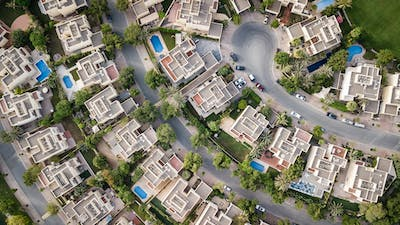
Real Estate Industry Philippines: Challenges After COVID 19 Lockdown
The real estate industry in the Philippines, like in many countries, faces several challenges as it emerges from the COVID-19 lockdowns and restrictions. These challenges are important to consider for anyone involved in the sector:
Economic Uncertainty
The Philippines, like many other nations, experienced economic downturns during the pandemic. Persistent economic uncertainty, including job losses and income reductions, can affect the purchasing power of potential homebuyers and tenants.
Reduced Business Activity
Lockdowns and restrictions resulted in reduced business activity, which, in turn, impacted demand for commercial real estate. Vacancies in office spaces, retail shops, and other commercial properties are a concern.
Work-from-Home Impact
The adoption of remote work may lead to a decrease in demand for office spaces, especially in central business districts. This shift could result in lower occupancy rates and declining rental yields for commercial property owners.
Construction Delays and Costs
The pandemic disrupted construction schedules and increased the cost of construction materials due to supply chain disruptions. These factors can lead to delays and increased expenses for property developers.
Loan Defaults
Economic challenges may lead to an increase in loan defaults and foreclosures, affecting both lenders and property owners. Delinquent loans can result in distressed property sales, potentially depressing property values.
Tourism Downturn
The tourism and hospitality sectors were severely impacted by travel restrictions and reduced tourism during the pandemic. Hotels, resorts, and vacation rental properties in tourist destinations may continue to face challenges until international tourism fully recovers.
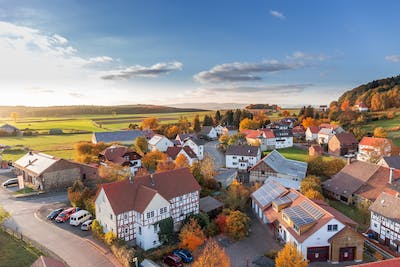
Regulatory Changes
Government regulations related to real estate, such as zoning laws, taxation, and land use policies, can impact the industry. Changes in regulations may require developers and investors to adapt their strategies.
Affordability Concerns
Despite the economic challenges, housing affordability remains an issue in many parts of the Philippines. Escalating property prices relative to income levels can limit access to homeownership for many Filipinos.
Health and Safety Standards
The pandemic has increased awareness of health and safety standards in buildings. Property owners and developers must invest in necessary upgrades to meet new health and safety expectations.
Climate Resilience
The Philippines is vulnerable to natural disasters and the impacts of climate change. Ensuring the resilience of real estate properties against flooding, typhoons, and other environmental risks is a growing concern.
Sustainability and Green Building
While sustainability is an opportunity, it can also be a challenge for developers who need to invest in eco-friendly building practices, which can sometimes come with higher upfront costs.
Infrastructure and Utilities
Access to reliable infrastructure and utilities, such as water, electricity, and transportation, is critical for the real estate sector. In some areas, inadequate infrastructure can hinder property development.
Digital Transformation
Embracing digital tools and online platforms for property transactions is necessary but can be challenging for traditional real estate businesses that need to adapt to a more digital-focused industry.
Navigating these challenges in the post-COVID-19 environment requires adaptability, resilience, and strategic planning. Real estate professionals and investors must closely monitor market conditions, government policies, and changing consumer preferences to make informed decisions in this evolving landscape.
Are you looking to buy or invest in a real estate property? Consider Brittany Corporation, as they offer beautiful properties in the most strategic locations in the country. They are a huge contributor to the real estate industry Philippines.
Follow Brittany Corporation on their socials: LinkedIn, Instagram, YouTube, and Facebook.
Suggested Read: Holiday Breaks: Taking A Vacation in the New Normal
Suggested Read: Why Is The Brand of the Developer Important
Suggested Read: 7 Reasons Why You Should Invest in Davao
Suggested Read: Build, Better, Safer With Technology
Suggested Read: Property Value Increase





